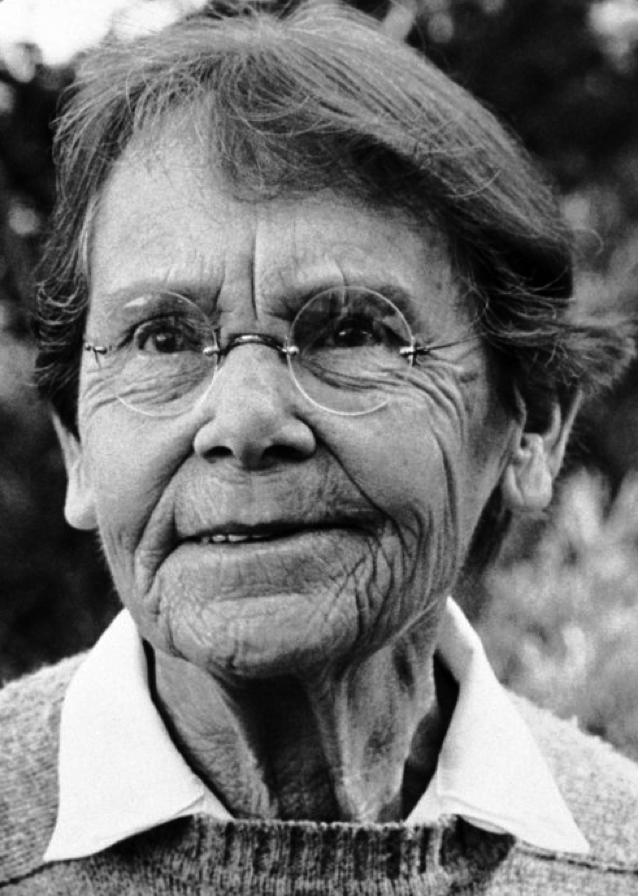Facts about Barbara McClintock
Barbara McClintock Biography
Scientist Barbara McClintock was given the Nobel Prize in Physiology and Medicine in 1983, in recognition of her decades-long work on the genetics of maize.
Educated at Cornell University, where she was awarded her doctorate in 1927, McClintock stayed there researching and lecturing for several years, but spent most of her career with the Carnegie Institute’s Department of Genetics at Cold Spring Harbor, New York.
Highly regarded in her field and the recipient of many grants and awards (including a Guggenheim Fellowship and a MacArthur Foundation grant), for a time McClintock silenced herself because her theories about genes “jumping” places on a chromosome were not in sync with the prevailing wisdom. Frustrated that she was unable to communicate her visualizations of how genes could transpose, she stopped lecturing and publishing for nearly a decade.
Years later it was recognized that McClintock was correct in her theories, thanks to her years of studying — at the molecular level — the movements of maize varieties, especially across South and Central America.
Extra credit
Although she was born Eleanor McClintock, her parents apparently felt the name was too delicate for their independent, tough daughter, so they decided to call her Barbara instead… In 1981 Barbara McClintock was in the first group of those awarded by the MacArthur Fellows Program (a “genius grant”).

